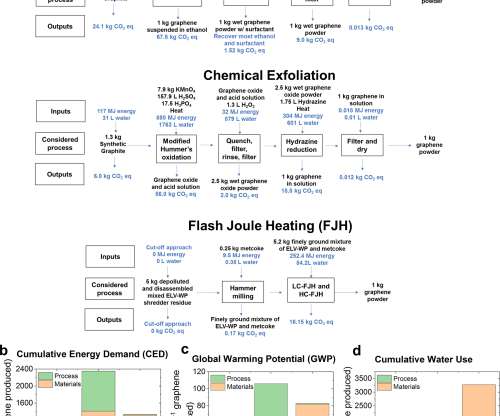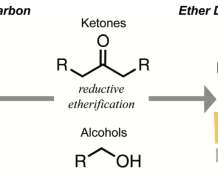Tenneco/Gentherm showcasing prototype of thermoelectric generator for waste heat recovery; targeting 5% fuel economy improvement
Green Car Congress
SEPTEMBER 11, 2013
Tenneco and Gentherm (formerly BSST/Amerigon) are part of a US Department of Energy (DOE) consortium actively developing a thermoelectric generator (TEG) for capturing waste exhaust heat in vehicles and converting it to electrical energy to be used to power electrical systems within the vehicle. Fuel Efficiency Thermoelectrics'




































Let's personalize your content